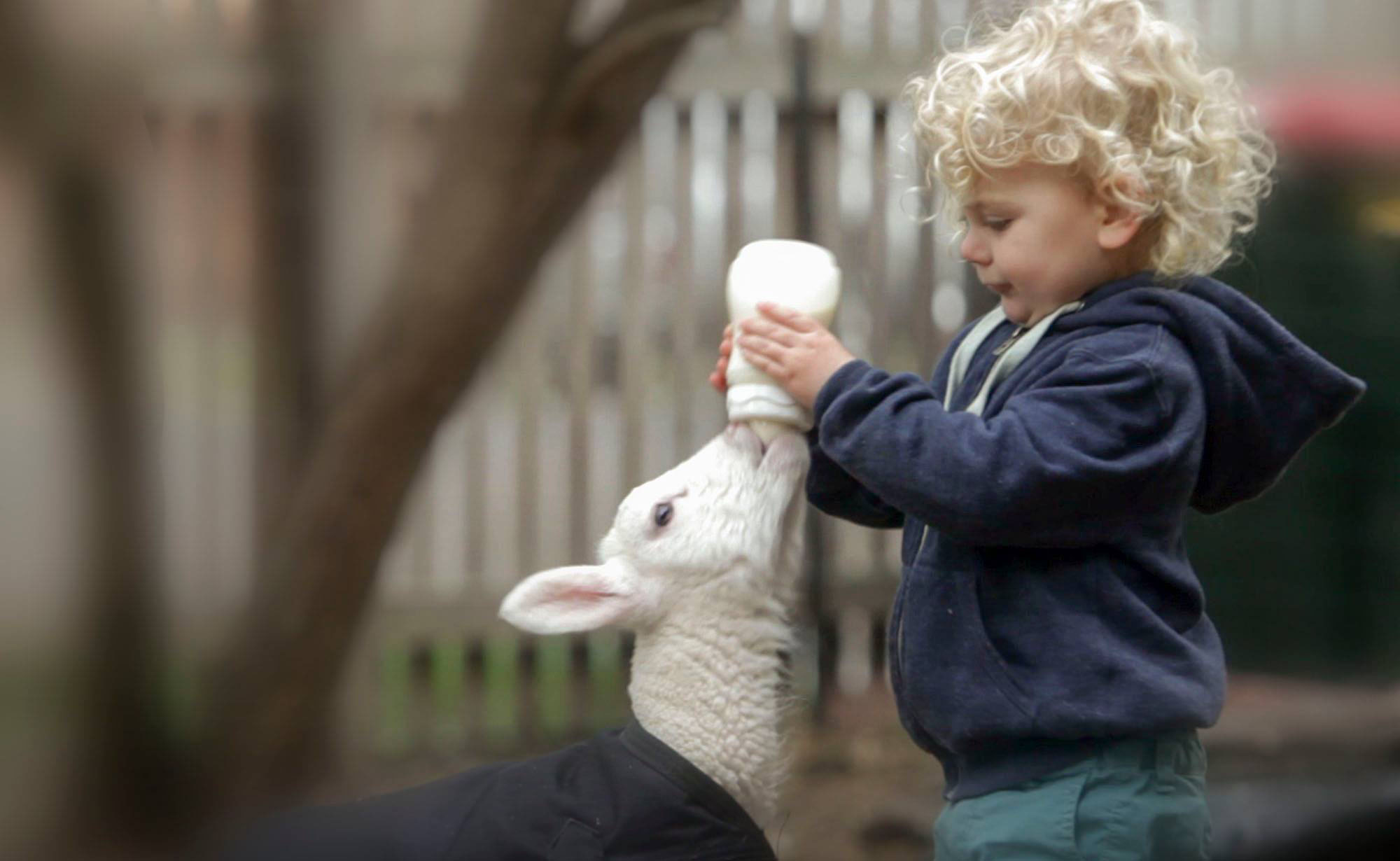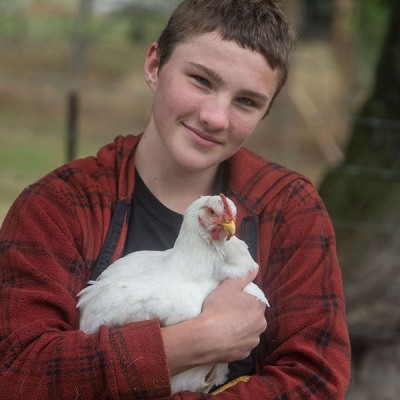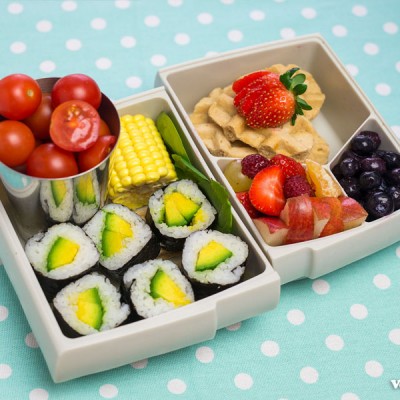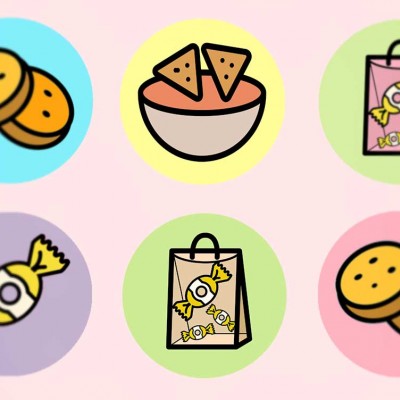Talking About the Reality of Being Vegan: The Easy Way
Speak to children about veganism and animal rights with the view that their perspective will be to become empowered to create positive change.

Every family is different, and everyone parents differently so the way we navigate our discussions around veganism will differ for everyone. Depending on age and situations the way in which we approach these conversations will also change. Some parents may choose to be very clear and open about animal agriculture and production, and some may be a little more guarded, revealing information only as the child asks.
Whichever way you choose to educate your child, remember that language matters! Use positive phrases such as “We use vegan things, we are vegan”, rather than “We don’t eat that, it’s not vegan”. Avoid using implicitly negative language like “We/you can’t eat that”. The word “can’t” implies that we don’t have a choice in eating these foods, when what we hope to convey is very much the opposite: we do have a choice, and we choose veganism out of kindness to animals.
Teach children that causing no harm to other beings is of great moral value and this means that sometimes we must put aside the pleasure and immediate gratification of a snack or treat. This might seem easy for us adults, but not always so for children; let them know they can enjoy an animal free option as soon as possible because it is better to make a choice that is harm free.
Explaining to children that non-vegan people choose to contribute to harming animals can be a complex issue. It may be unnecessary for a parent to explain to a very young child that there are some products that contain animals and those animals suffered as a result, while other parents may be very frank about this.
What is important, is to use the word vegan often so that your children are comfortable, and consistent, in using it. This way when they are offered food, they will know to ask “Is this vegan?” or say “I am vegan”, even if they do not yet fully understand what it is.
Keep in mind that, as adults, we can tend to over think how a child sees the world (both vegan and non-vegan), but a child’s perspective is much different, more naïve and more hopeful in comparison to ours. Our perspective is shaped by the knowledge and awareness of animal use in the world. A child’s world view is simple; their acceptance and optimism towards people helps them to be vegan in a positive and influential way. Speak to children about veganism and animal rights with the view that their perspective will be to become empowered to create positive change.
Recent Articles
-

Tips for vegans with non-vegan parents
One of the challenges we face when transitioning to living as a vegan is navigating the relationships with those we hold close. Unfortunately just because our family loves us, doesn’t necessarily mean that they are going to make the same connections that we have made between the food we eat and the animals that we care about. Sadly, they may never become vegans themselves.
-

Vegan At School… (Teen Edition)
It is important to keep supporting your teenager throughout their high school years, now that they are becoming more independent they can start advocating for veganism themselves.
-

Vegan At School… (Primary Edition)
There are a few important things you can do to help your vegan child begin their kindergarten or primary school years stress free.
-

When your child says they are going… VEGAN!
Don’t panic.
-

The Vegan Lunch Box
Are you looking to include kinder choices in your children's lunchboxes, but unsure how to make it work for school? Need some tips and tricks to get you started? We have the solution, and it’s exciting, healthy and quick (no lies!).
-

Parties & Vegan Party Food
Food ideas for planning a fun and delicious vegan birthday party for your kids.
Leave a Comment